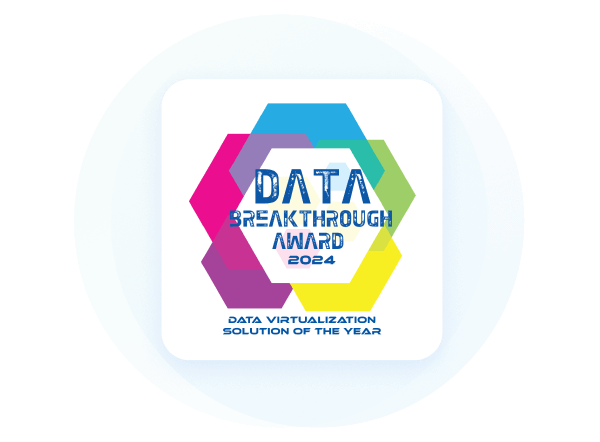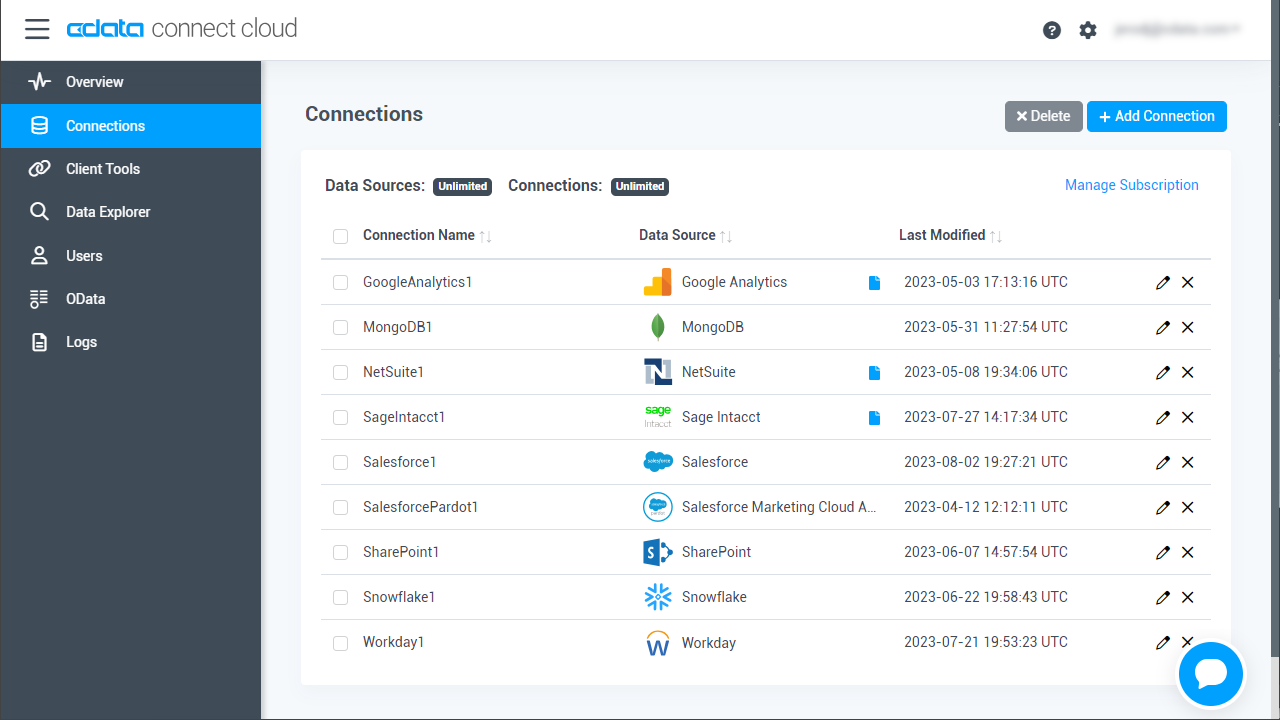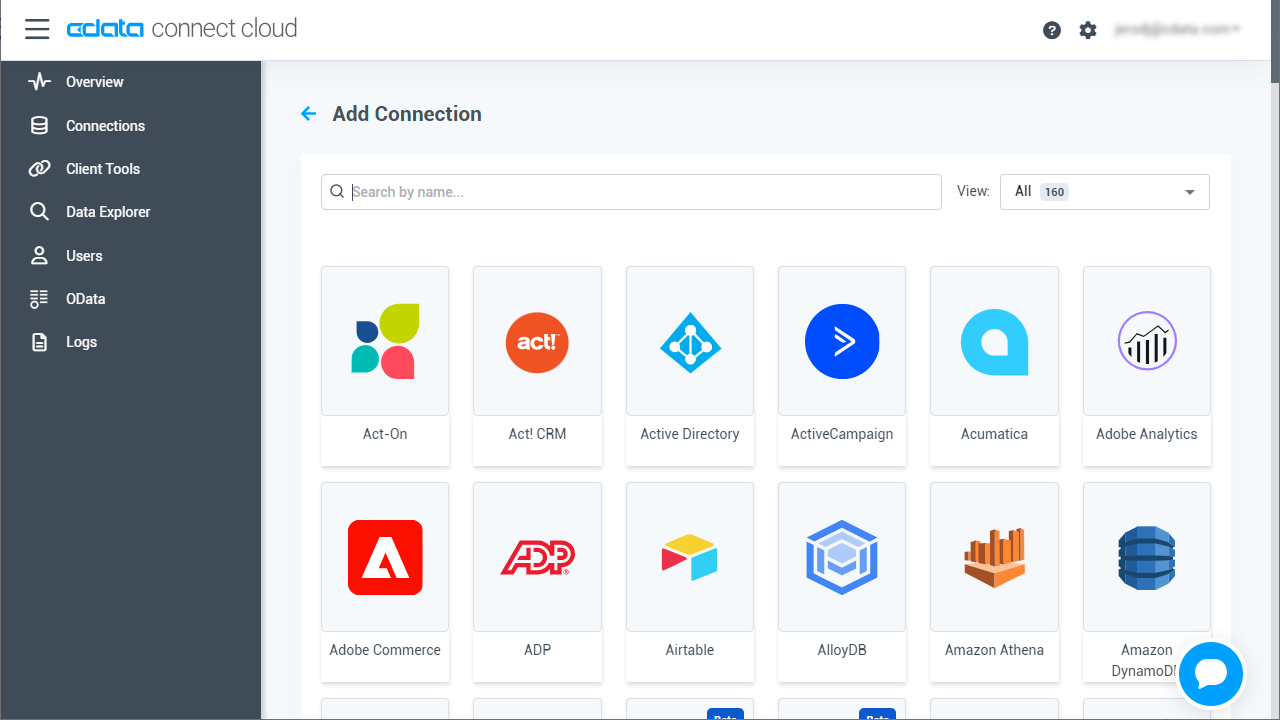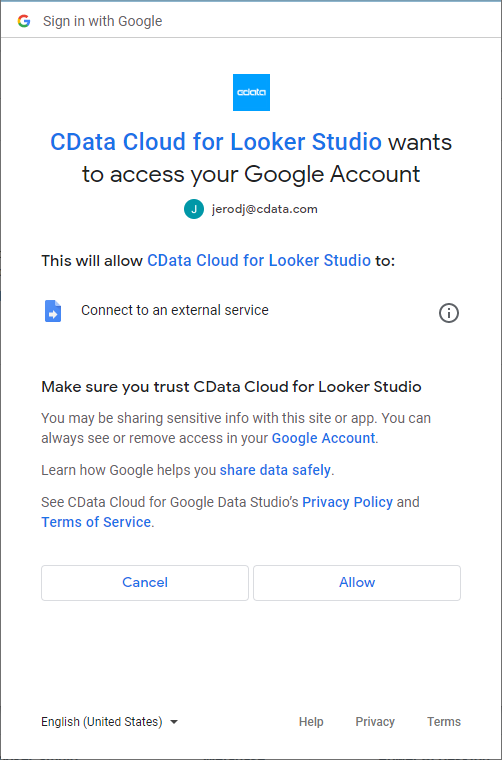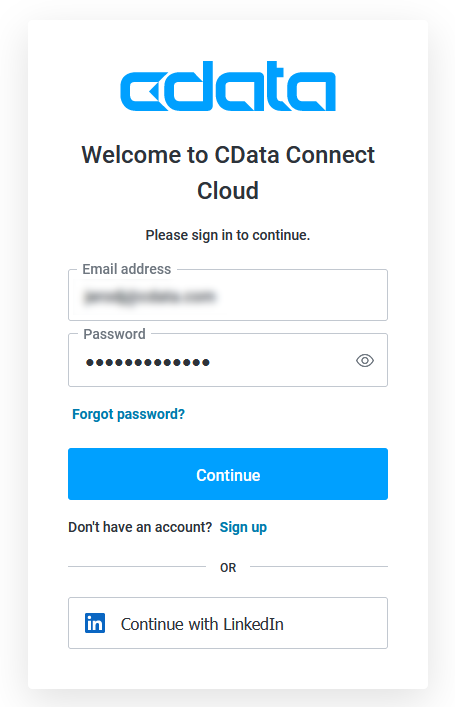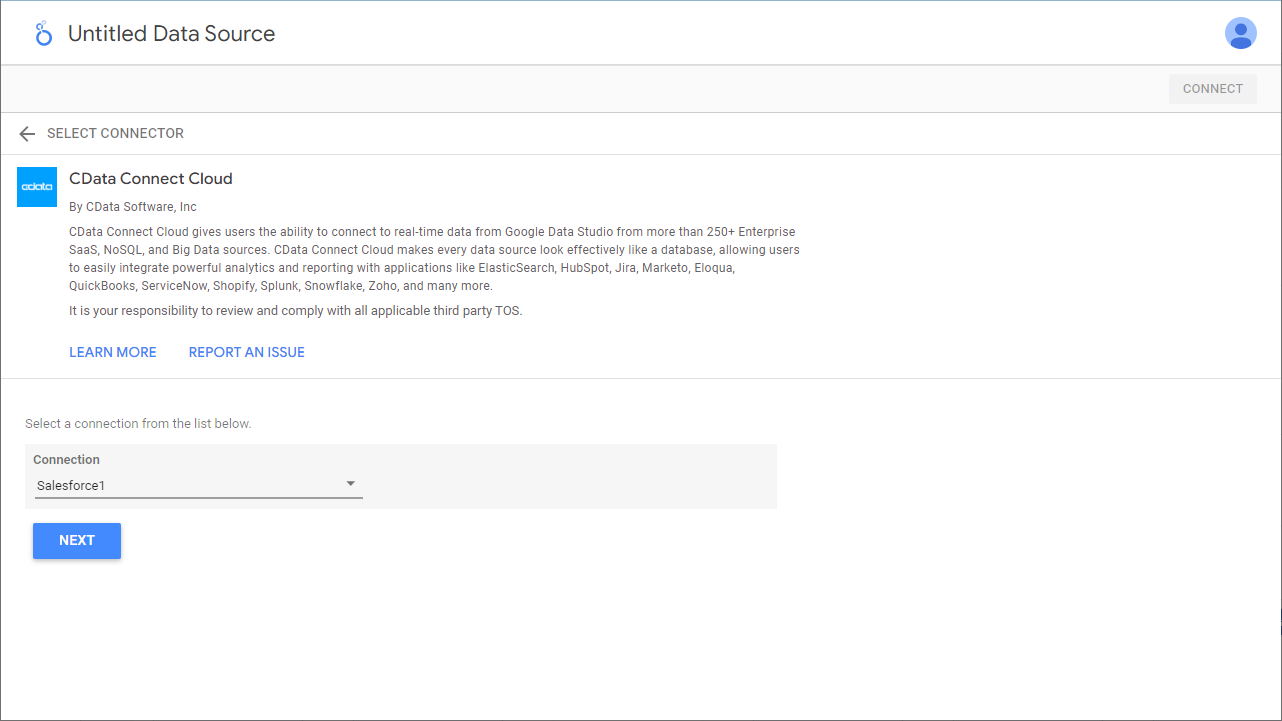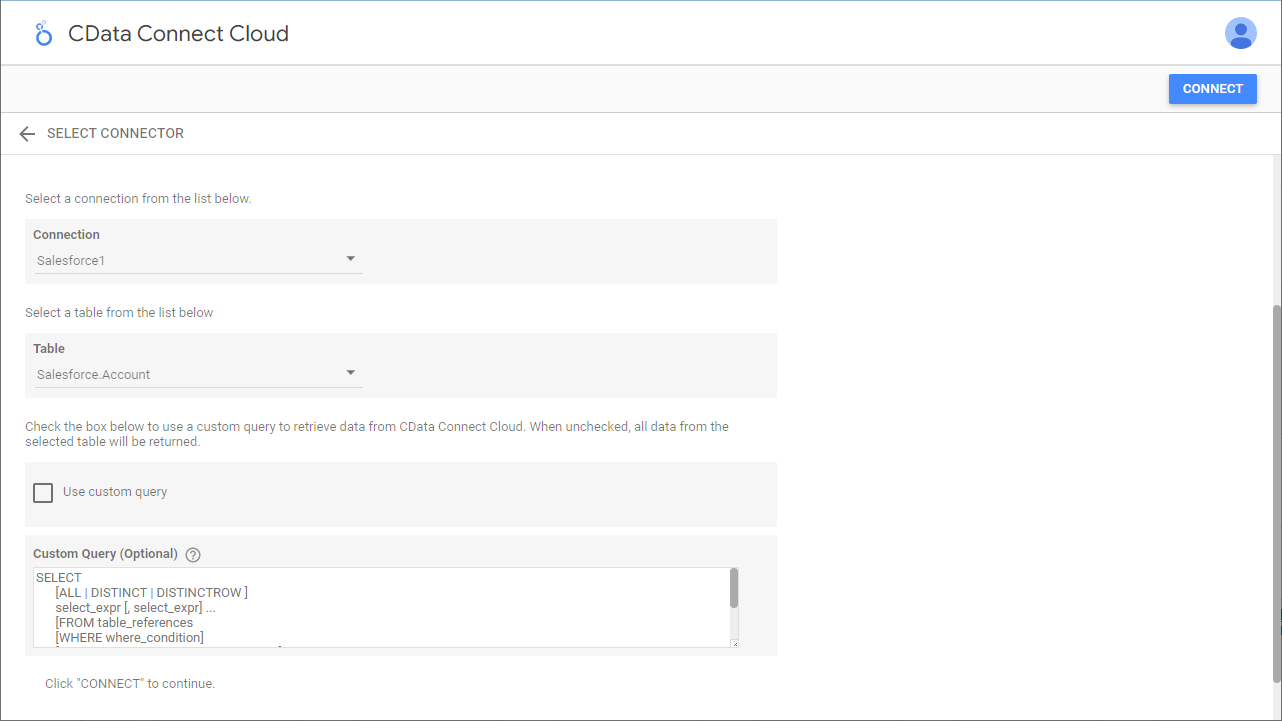Discover how a bimodal integration strategy can address the major data management challenges facing your organization today.
Get the Report →Create Reports from SingleStore Data in Looker Studio
Use CData Connect Cloud to gain access to live SingleStore data and create custom reports in Looker Studio.
Looker Studio, formerly known as Google Data Studio, empowers users to craft customized reports featuring data visualizations that can be shared with clients while reflecting your brand identity. When combined with CData Connect Cloud, you gain immediate cloud-to-cloud access to SingleStore data to create visualizations, dashboards, and more. This article provides step-by-step instructions on establishing a virtual database for SingleStore and generating reports from SingleStore data within Looker Studio.
CData Connect Cloud offers a seamless cloud-to-cloud interface tailored for SingleStore, making it straightforward to construct reports directly from live SingleStore data within Looker Studio without the need for data replication. As you create visualizations, Looker Studio generates queries to retrieve data. With its inherent optimized data processing capabilities, CData Connect Cloud efficiently channels all supported query operations, including filters, JOINs, and more, directly to SingleStore. This leverages server-side processing to swiftly provide the requested SingleStore data.
This article requires a CData Connect Cloud instance and the CData Connect Cloud Connector for Looker Studio. Get more information on the CData Connect Cloud and sign up for a free trial at https://www.cdata.com/cloud.
Configure SingleStore Connectivity for Looker Studio
Connectivity to SingleStore from Looker Studio is made possible through CData Connect Cloud. To work with SingleStore data from Looker Studio, we start by creating and configuring a SingleStore connection.
- Log into Connect Cloud, click Connections and click Add Connection
![Adding a Connection]()
- Select "SingleStore" from the Add Connection panel
![Selecting a data source]()
-
Enter the necessary authentication properties to connect to SingleStore.
The following connection properties are required in order to connect to data.
- Server: The host name or IP of the server hosting the SingleStore database.
- Port: The port of the server hosting the SingleStore database.
- Database (Optional): The default database to connect to when connecting to the SingleStore Server. If this is not set, tables from all databases will be returned.
Connect Using Standard Authentication
To authenticate using standard authentication, set the following:
- User: The user which will be used to authenticate with the SingleStore server.
- Password: The password which will be used to authenticate with the SingleStore server.
Connect Using Integrated Security
As an alternative to providing the standard username and password, you can set IntegratedSecurity to True to authenticate trusted users to the server via Windows Authentication.
Connect Using SSL Authentication
You can leverage SSL authentication to connect to SingleStore data via a secure session. Configure the following connection properties to connect to data:
- SSLClientCert: Set this to the name of the certificate store for the client certificate. Used in the case of 2-way SSL, where truststore and keystore are kept on both the client and server machines.
- SSLClientCertPassword: If a client certificate store is password-protected, set this value to the store's password.
- SSLClientCertSubject: The subject of the TLS/SSL client certificate. Used to locate the certificate in the store.
- SSLClientCertType: The certificate type of the client store.
- SSLServerCert: The certificate to be accepted from the server.
Connect Using SSH Authentication
Using SSH, you can securely login to a remote machine. To access SingleStore data via SSH, configure the following connection properties:
- SSHClientCert: Set this to the name of the certificate store for the client certificate.
- SSHClientCertPassword: If a client certificate store is password-protected, set this value to the store's password.
- SSHClientCertSubject: The subject of the TLS/SSL client certificate. Used to locate the certificate in the store.
- SSHClientCertType: The certificate type of the client store.
- SSHPassword: The password that you use to authenticate with the SSH server.
- SSHPort: The port used for SSH operations.
- SSHServer: The SSH authentication server you are trying to authenticate against.
- SSHServerFingerPrint: The SSH Server fingerprint used for verification of the host you are connecting to.
- SSHUser: Set this to the username that you use to authenticate with the SSH server.
![Configuring a connection (Salesforce is showe)]()
- Click Create & Test
- Navigate to the Permissions tab in the Add SingleStore Connection page and update the User-based permissions.
![Updating permissions]()
With the connection configured, you are ready to connect to SingleStore data from Looker Studio.
Visualize Live SingleStore Data from Looker Studio
The steps below outline connecting to CData Connect Cloud from Looker Studio to create a new SingleStore data source and build a simple visualization from the data.
- Log into Looker Studio, click data sources, create a new data source, and choose CData Connect Cloud Connector.
- Click Authorize and allow access to your Google account.
![Granting permissions to the Connector]()
- Click Authorize to authenticate with your CData Connect Cloud instance
![Authenticating with CData Connect Cloud]()
- In the CData Connect Cloud Connector in Looker Studio select a Connection (e.g. SingleStore1) and click Next
![Selecting a Connection]()
- Select a Table (e.g. Orders) or use a Custom Query and click Connect to continue
![Selecting a Table]()
- If needed, modify columns, click Create Report, and add the data source to the report.
- Select a visualization style and add it to the report.
- Select Dimensions and Measures to customize your visualization.
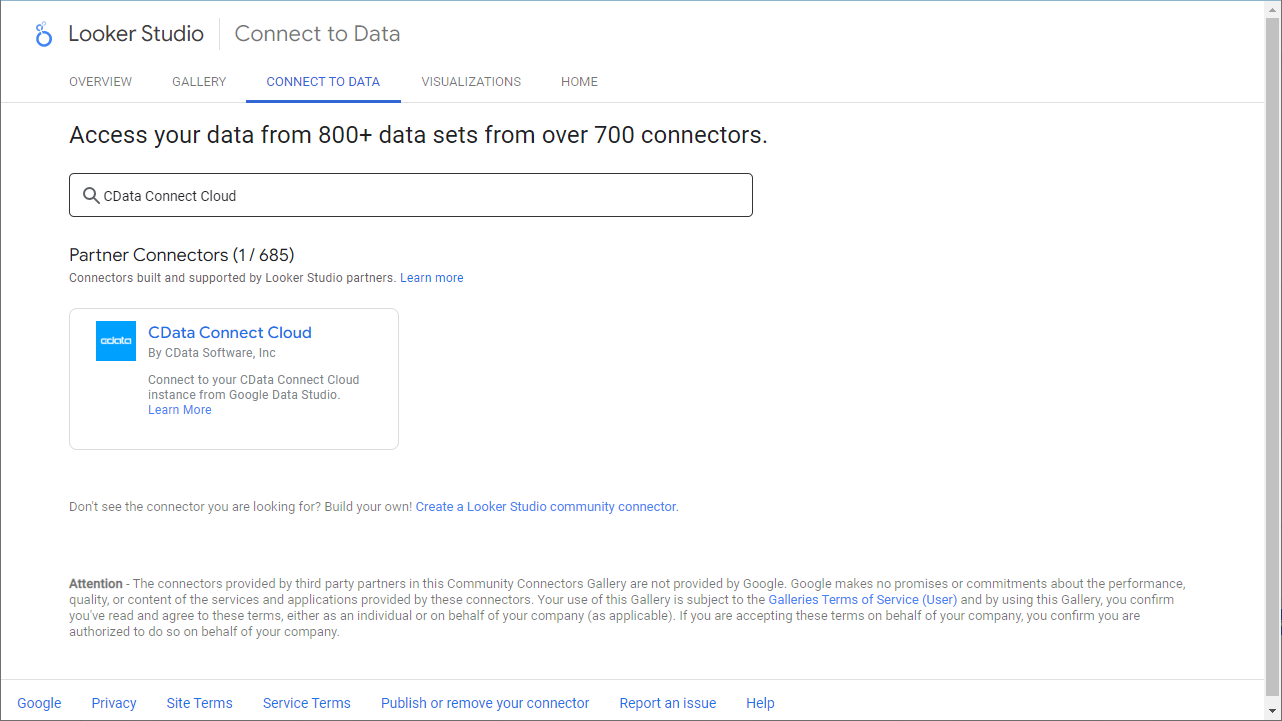
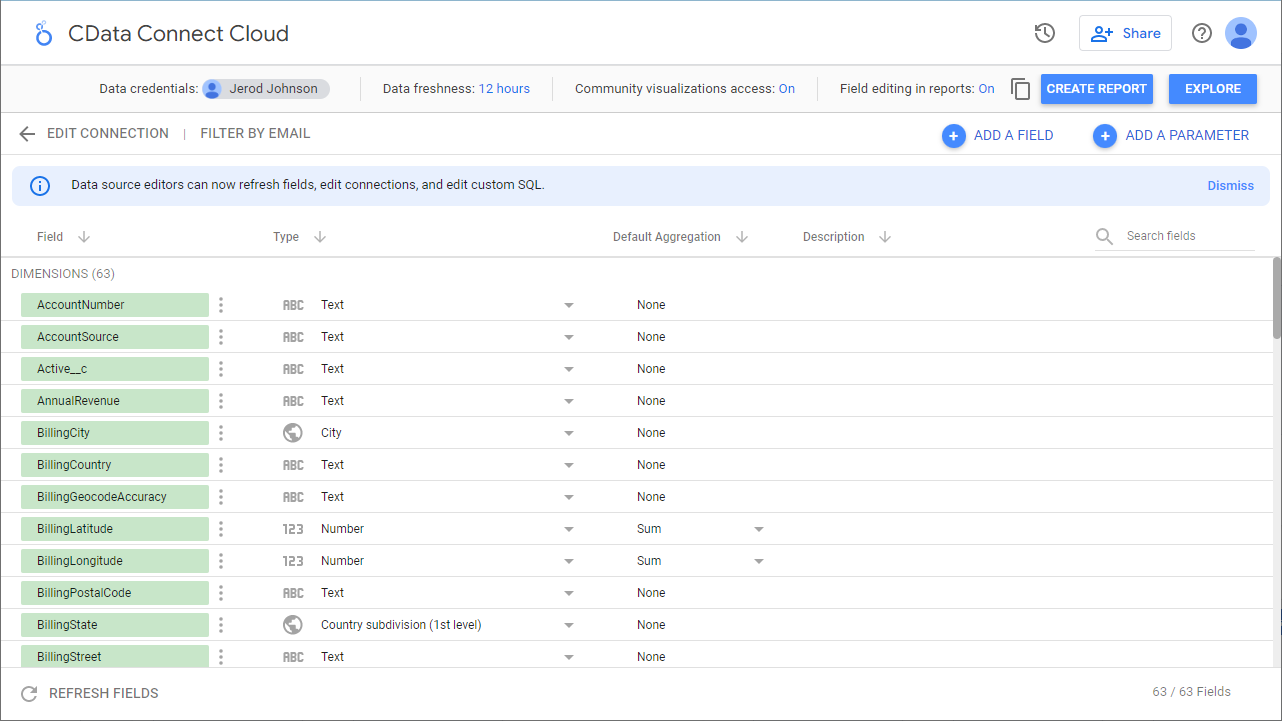
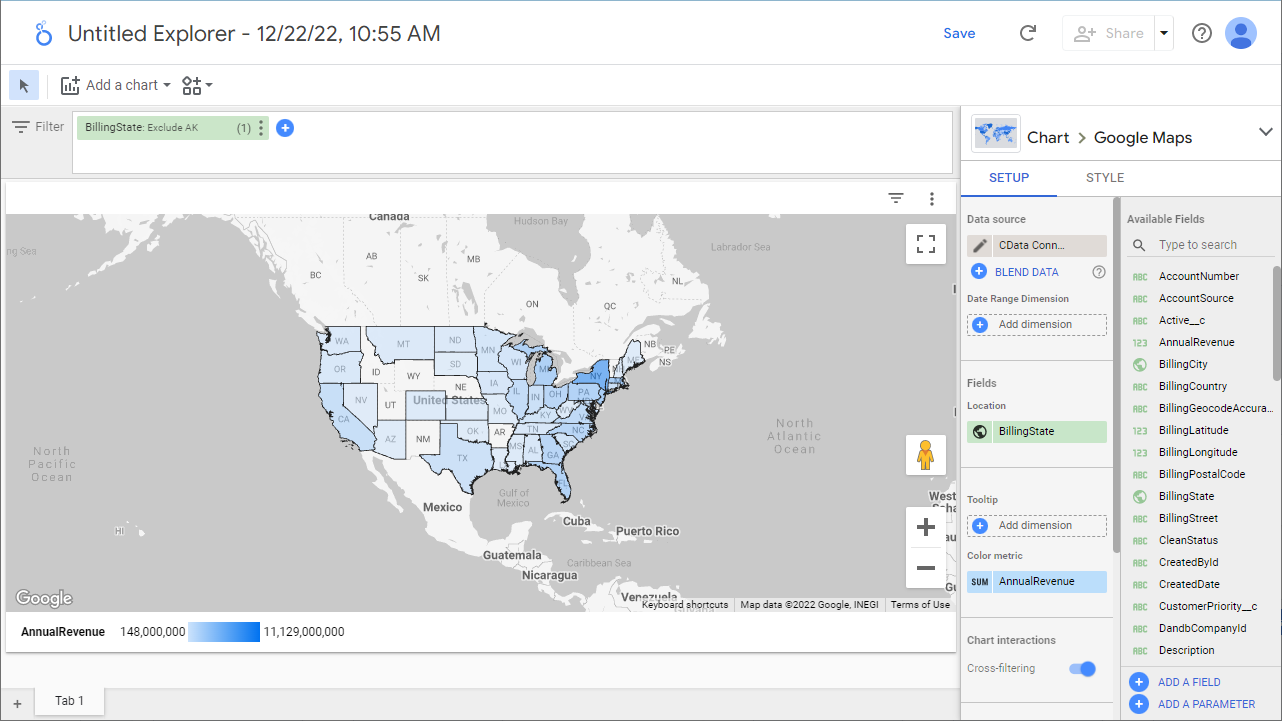
Live Access to SingleStore Data from Cloud Applications
Now you have a direct, cloud-to-cloud connection to live SingleStore data from your Looker Studio workbook. You can create more data sources and new visualizations, build reports, and more — all without replicating SingleStore data.
Try CData Connect Cloud and get real-time data access to 100+ SaaS, Big Data, and NoSQL sources directly from your cloud applications.



